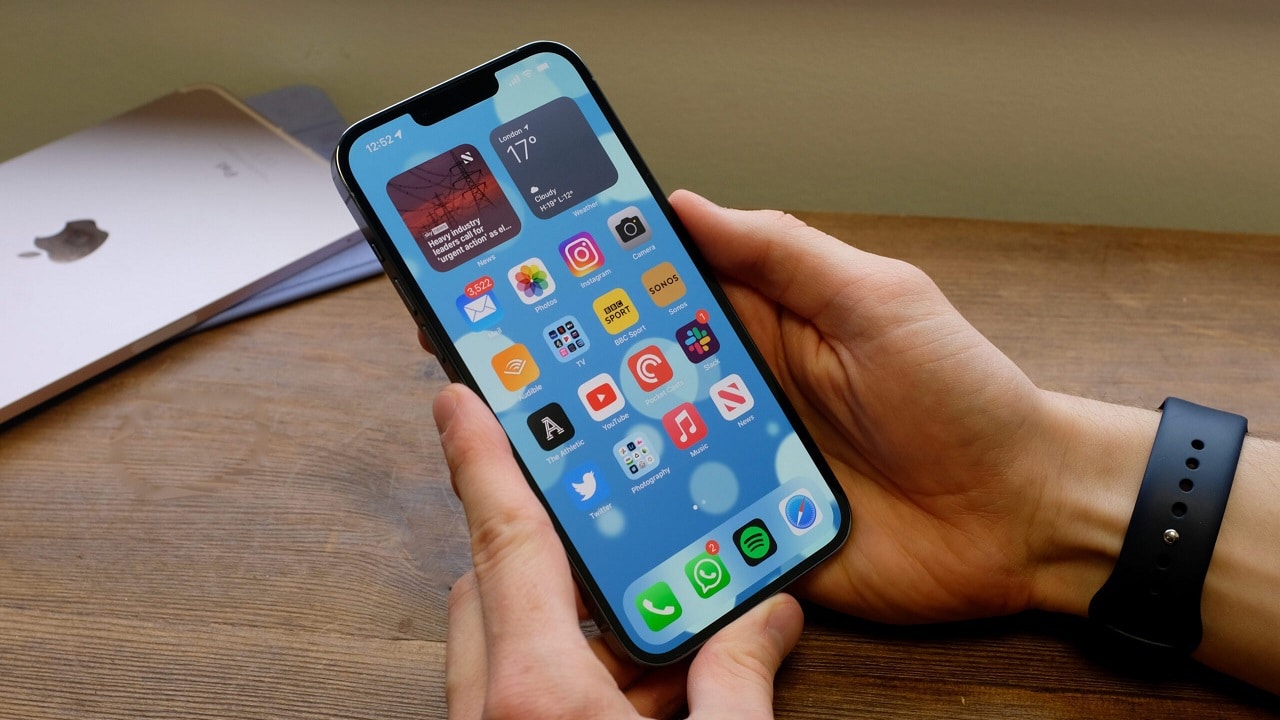While Congress holds hearings and debates on the dangers and downfalls of TikTok, Montana took action this week to ban the Chinese-owned app.
The state’s Senate Business, Labor, and Economic Affairs Committee voted seven to three to prohibit the operation of TikTok by the company and users within the state. Bill 419 also prevents internet service providers from offering TikTok and mobile application stores from providing the option to download the application.
The bill would penalize internet service providers and mobile application stores that allow or facilitate the operation of TikTok in Montana by charging $10,000 a day. That’s a hefty fine for some entertaining dance videos – a popular trend on the social media app – or some kid eating corn.
The Danger of TikTok
But is TikTok as innocuous as it seems? Is the app’s danger to society a hyperbole?
Jonathan Haidt, social psychologist and best-selling author of the book “The Righteous Mind: Why Good People Are Divided by Politics and Religion,” and co-author of the wildly popular “The Coddling of the American Mind,” doesn’t think so.
His newest passion is calling out the big “national crisis” in our country – the psychological state of young people.
Gen Z, he says, is suffering and particularly young girls. He even goes so far as to say liberal girls’ mental health “sank first and fastest.”
Haidt believes social media, along with a culture that emphasizes victimhood, is to blame.
Tik-Tok has a higher proportion of female users at 60 percent compared to males at 40 percent.
As of May 2023, the top age group of TikTok users is 18-24-year-old females (23.8 percent) followed by females between 16-24 and 25-34.
While concerning, declining mental health isn’t the only reason for getting rid of one of the world’s largest social media apps, nor one the government can reasonably claim as justification for a ban.
Why Not Other Social Media Apps?
There are two reasons TikTok is significant, compared to other social media apps.
One, its content and unique algorithm have been shown to be highly addictive by hijacking the reward centers in the brain that produce dopamine. Also known as the “feel good” hormone.
More importantly, TikTok is owned by ByteDance, a Chinese company that has been accused of having ties with the Chinese Communist Party (CCP), raising national security concerns for the U.S.
The China Problem
Parents in Montana may be celebrating the fact they finally have a legitimate excuse to prevent their kids from using TikTok. But the primary, and valid, concern for the U.S. government, is TikTok’s code, which according to a former engineer gives the Chinese government “supreme access” to user data, regardless of where the app is hosted.
Yu also alleges that the CCP instructed ByteDance to suppress or promote content as it saw fit. For example, he claims ByteDance boosted content that “expressed hatred for Japan.”
Yu’s allegations completely undermine the reassurances given by ByteDance to the U.S. government that users’ data is secure because it is hosted by servers located within the U.S.
Lawmakers on the House Energy and Commerce Committee were not persuaded by TikTok CEO Shou Zi Chou’s testimony last month claiming as much.
The Difference Between Chinese and American Versions of the App
In China, children under 14 must use Douyin, the Chinese version of the app, in “teenage mode” which limits use to 40 minutes a day. The app is also unavailable to those users between 10 pm and 6 am.
TikTok in the U.S. has no such limitations. The average use of TikTok for adolescents in the U.S. is 85 minutes a day.
Different results will come up for the same search on the different apps. Douyin excludes all international content and vice versa. No China-based content is allowed or included on TikTok, allowing the CCP to keep tight control over narratives.
Also, the algorithms on the Chinese version of the app are different than TikTok’s.
The most popular content on Douyin is educational in nature, with videos helping to improve skills and grow personally, while on TikTok the most popular content includes videos that are, let’s say, less enlightening. Narrated videos and entertainment grab the attention of most Americans, encouraging cult of personality-type content.
Of course, Chinese users cannot access TikTok, the international version of the app, only Douyin.
If a pop star chewing gum fascinates young people, imagine what else grabs their attention. Content condoning and promoting transgenderism is also wildly popular on the app.
While this is all very troubling, particularly for parents, the lack of access to such content is but a happy side effect of the ban.
The main concern that Montana has rectified is TikTok’s ability to “collect and provide users’ personal information or data to a foreign adversary, or a person or entity located within a country designated as a foreign adversary.”
And that should be enough for us all.
MORE: The Collapse of Kamala Harris
MORE: Kamala Harris Is Falling Apart
Jennifer Galardi is the politics and culture editor for 19FortyFive.com. She has a Master’s in Public Policy from Pepperdine University and produces and hosts the podcast Connection with conversations that address health, culture, politics and policy. In a previous life, she wrote for publications in the health, fitness, and nutrition space. In addition, her pieces have been published in the Epoch Times and Pepperdine Policy Review.

